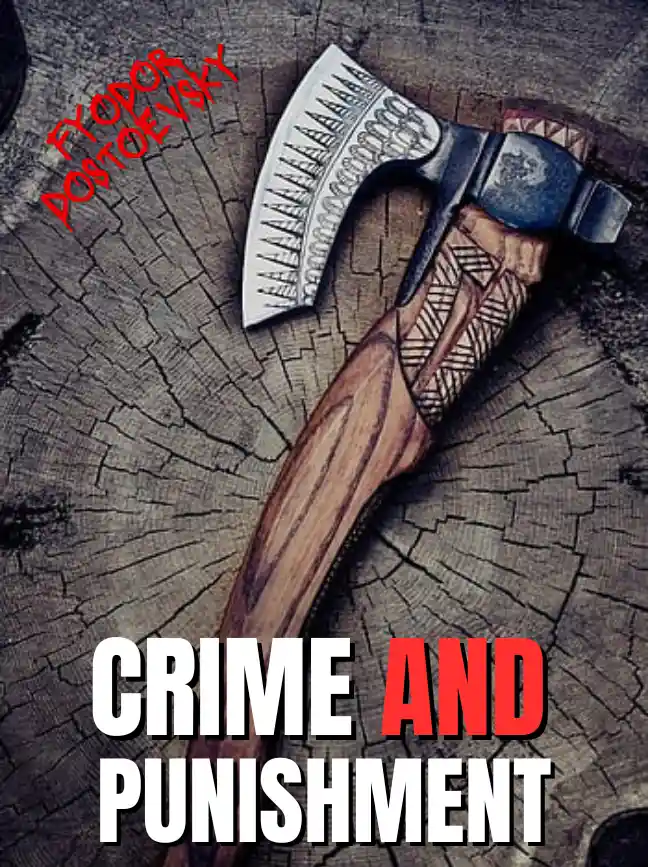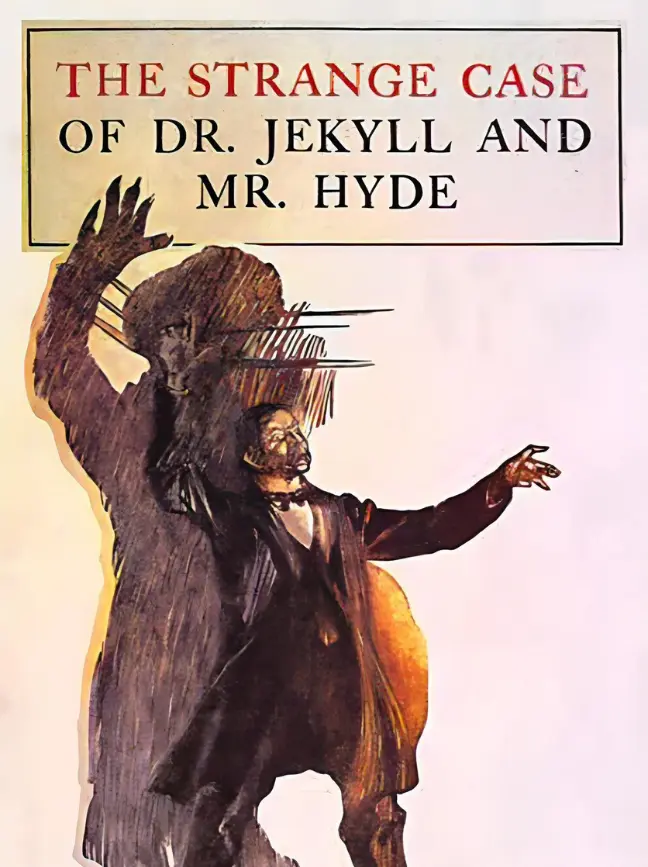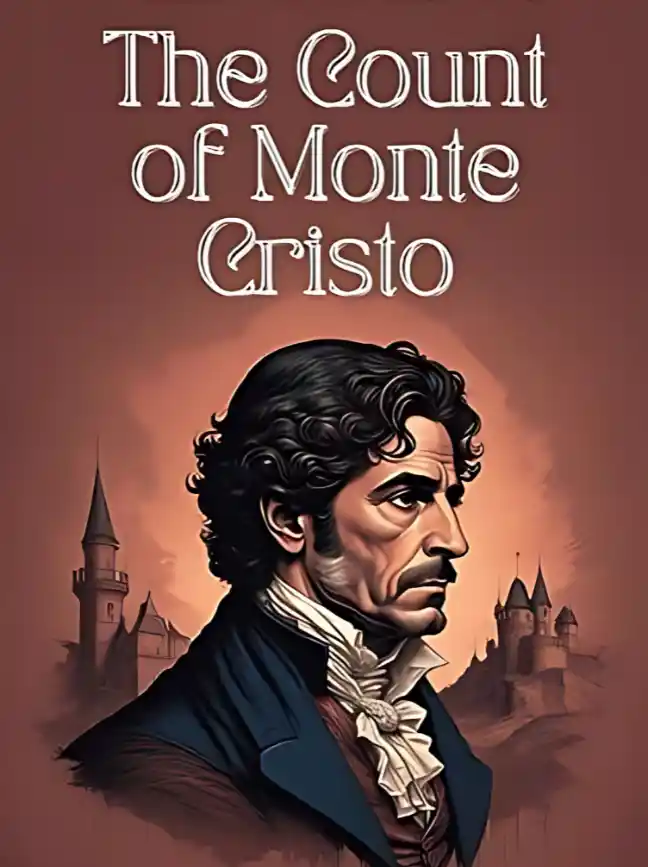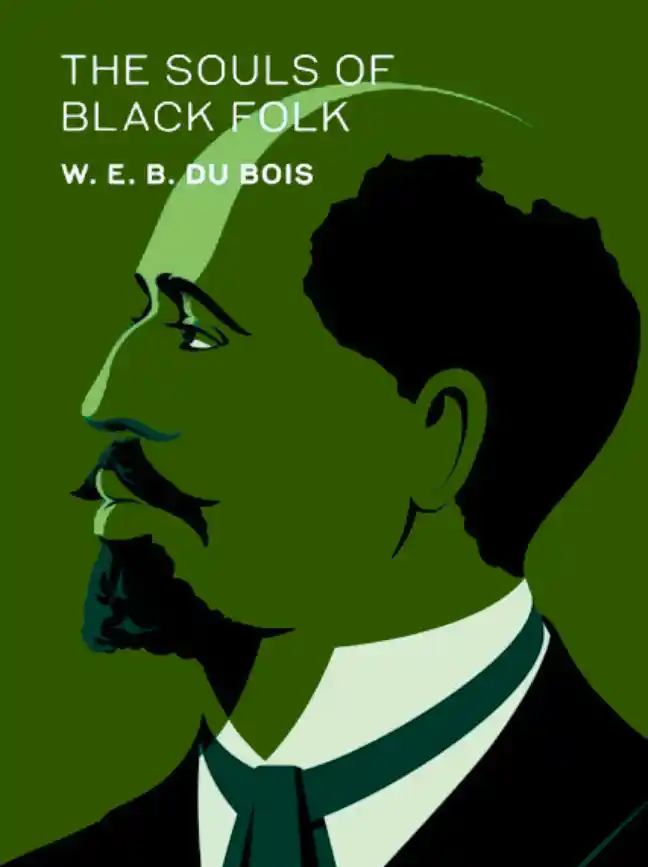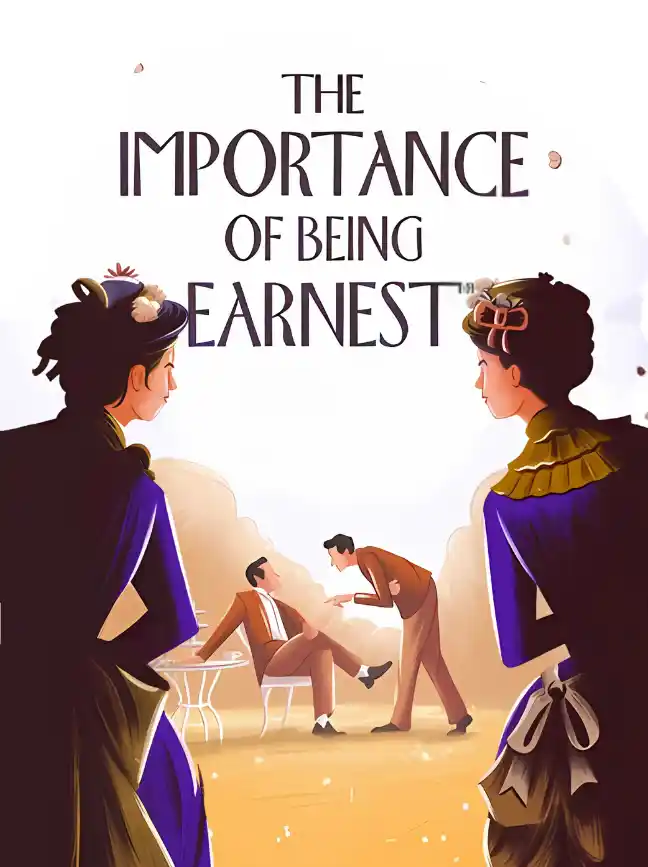It appeared overnight. No sooner did she lift her head from the pillow and wipe her gritty eyes than she saw it. Alien. Wrong.
She stumbled out of bed, her feet slapping against the cold floor. It hung before her. She narrowed her eyes. It hurt to look, too bright, but she dare not remove her gaze. Yellow. Brown. Swirling lines and shapes.
It had arrived without her knowing. If she looked away, would it move again? Though it was mute it seemed to scream, to crash inside her head.
She could not go back to bed; she had to hold it at bay. Daylight trickled through the high windows, stark and limewashed like the walls. Its beams crept across the floor, then past her. At last the door clicked open.
‘Mrs Bainbridge.’
It was Dr Shepherd.
Without turning, she raised a shaking hand and extended her index finger.
‘Oh. You have seen the painting.’ The air shifted as he arrived by her shoulder. ‘I hope it is to your liking.’
The silence stretched.
‘It brightens the place, does it not? I thought that, since you are not permitted to go in the day room and the exercise yard with the other patients, you might appreciate a bit of colour.’ He transferred his weight to the other foot. ‘This is the direction our hospital is
taking. We will no longer subject our patients to bleak cells. This is a refuge for recuperation. There must be cheerful, stimulating things.’
She saw now what the artist had tried to capture: a nursery scene. A sunlit room with a mother cooing over a crib. Her dress was like a daffodil, her hair like spun gold. There were white roses in a vase, standing upon a table by the baby.
‘Does it . . . Does it trouble you, Mrs Bainbridge?’ She nodded.
‘And why is that?’ His shoes creaked as he retrieved her slate. Although the pencil was better for writing her story, the chalk and slate made conversation easier. He placed them into her hands. ‘Tell me.’
Again. He was chiselling away at her, piece by piece. That was his plan, she supposed. To strip out every inch of her; another confession, another memory until she was spent.
Already they came at night: dreams which were really flashes of the past. Landscapes of blood, wood and fire. She did not want them. How far back into the squalid past must she delve before he considered her unbalanced and left her alone?
‘Do you not like the colour? Does it not cheer your spirit and remind you of better times?’
She shook her head. Better times. He assumed she had those, in her past.
‘I am sorry to have caused you distress. Believe me, I meant only to bring pleasure.’ He sighed. ‘Will you sit down? I will arrange to have the painting removed once we are finished.’
With her gaze trained on the floor, she stumbled back to the bed and sat down, gripping the chalk and slate as tightly as if they were weapons. As if they could defend her.
‘Do not take this little setback to heart,’ he said. ‘I am pleased with your progress. I read what you wrote. I see you have followed my advice and written as if the events happened to someone else.’ She could not look up at him; she was intensely aware of the painting, hanging there. Its brushstrokes, its frame. He forced a chuckle. ‘Memory is a tricky one. They’re funny, aren’t they, the details that you recall? That cow—!’
She picked up the chalk, still clumsy. The cow is not funny.
He bowed his head. ‘I did not mean – forgive me. It was wrong of me to laugh.’
Yes.
But actually, she envied him that chuckle. Envied the fact he still could laugh.
Laughter, conversation, music – all these things felt like relics, activities her ancestors may have adopted, long ago, but carried no relevance for her.
She looked back at the desk.
‘You stare so intently at the desk. What is it that upsets you?’ Her fingers trembled as she wrote. Wood.
‘Wood. You dislike wood?’
The word conjured other sounds: the whoosh of a saw, a door slamming shut.
‘Interesting. Most interesting. Of course, after the fire and your injury . . . Perhaps that is why?’
She blinked at him.
‘Perhaps that is why you do not like wood. Because it reminds you of the fire. Because it burns.’
The fire?
He was too quick. He was living at a rate three times the speed of her drugged, undersea world. Was that why her arms appeared so scarred, why they never let her see a looking glass? Had she been in a fire?
‘But of course, there could be other reasons. I have been perusing your file.’ For the first time, she noticed the papers he carried beneath his arm. He spread them on the desk: her past laid out, exposed, like a body on the slab at a mortuary. ‘You grew up, I see, in a match factory. First it was owned by your father, and upon his death it passed into trust until you and your brother came of age. I expect you saw a good deal of wood and fire in a match factory.’
That, too? Nothing was sacred – all must be dredged up.
Doubt bloomed in her chest and he must have sensed it, for he said, ‘I trust you understand it is not idle curiosity that prompts my investigation. Nor is it merely a desire to cure you – although I hope I shall do that, too. I am charged by the hospital and the police to write a report.’ He picked two papers up from the desk and came over to her. ‘When you first arrived, there was no question of
interrogating you. Your injuries were too great.’ He showed her the first item: a newspaper clipping with an engraving. It gave a grainy impression of someone swamped in bandages, dark patches appearing where blood had seeped through the linen. ‘But now you are physically, if not mentally, recovered, it has become a matter of some importance to establish the cause of the fire.’
He was not implying . . . That mummy in the engraving was not her? Panic seized her. The paper was dated over a year ago. All that time had passed, yet she remembered little more than a cow and the faces of painted wooden figures.
He sat beside her on the bed. She flinched away. The heat of his body, the smell of him – it was all too real.
‘The remains of four bodies were found. Two of the deaths had been registered already. It is these other two we must account for.’ He pushed his spectacles up his nose. ‘There is likely to be an inquest. Given your current condition, I will probably be asked to speak on your behalf. So you see why I must push you for information. Find the truth. I want to help.’
He kept saying that. Repetition only made it sound false. Presumably, what he really wanted was to establish his career by solving her case.
But even if she did not trust him, he was right about one thing: there must be a statement. However painful, she had to press on and remember the rest, or she might end up dangling from the end of a noose.
The gallows shouldn’t scare her. God knew there was little enough left to live for. But it was instinct, she supposed, burrowed deep within her, fighting like a feral animal. She did not want to die – only to sleep, safe, here. Cocooned by white walls and drugs.
Splinters of gold flickered before her eyes. His glasses; he was leaning close, peering into her face. ‘You may not remember everything yet, but I am sure we can do it between us – wake the part of your mind that lies dormant.’
She shifted away from him, making the bed creak. Putting the chalk against the slate, she began to write awkwardly. Squeak, squeak. That was her voice now, it seemed: a high, abrasive sound, devoid of words.
Where was the fire?
Dr Shepherd’s eyebrows shot up. ‘You do not recall the fire? Your injury?’
Vague images floated back. She remembered a thousand insects of pain gnawing at her back. An odd impression of nurses, medicinal scents. All of it was too far down – she had layers and layers to peel back before she could reach it clearly.
Placing one hand on her shoulder, Dr Shepherd took the slate from her fingers. She thought, for an instant, that he was going to hold her hand. But then she realised he was showing her: showing her the shining, marbled skin at her wrist. Gently, he folded back the coarse sleeve of her gown. Pink patches welled up around her elbow, misshapen, wrinkled like old fruit. Scars burnt so deep they would never be erased. Yes, she saw it now. They were burns. How had she not realised before?
‘This,’ he said, laying her hand back down, ‘this photograph was taken a few weeks ago. Do you recall?’
She recalled the flash and the smoke, the way they had seemed to burst inside her head. But when he slid the photograph onto her lap, the face looking back was a stranger. It was a woman – at least, the striped gown and kerchief tied around the neck seemed to suggest it was a woman – but her hair was stubby, growing in tufts from a mottled scalp. Dark, bumpy skin stretched over her cheeks. One eye sagged at the lower lid.
She saw her own name written underneath. Elisabeth Bainbridge. Detained on suspicion of arson.

